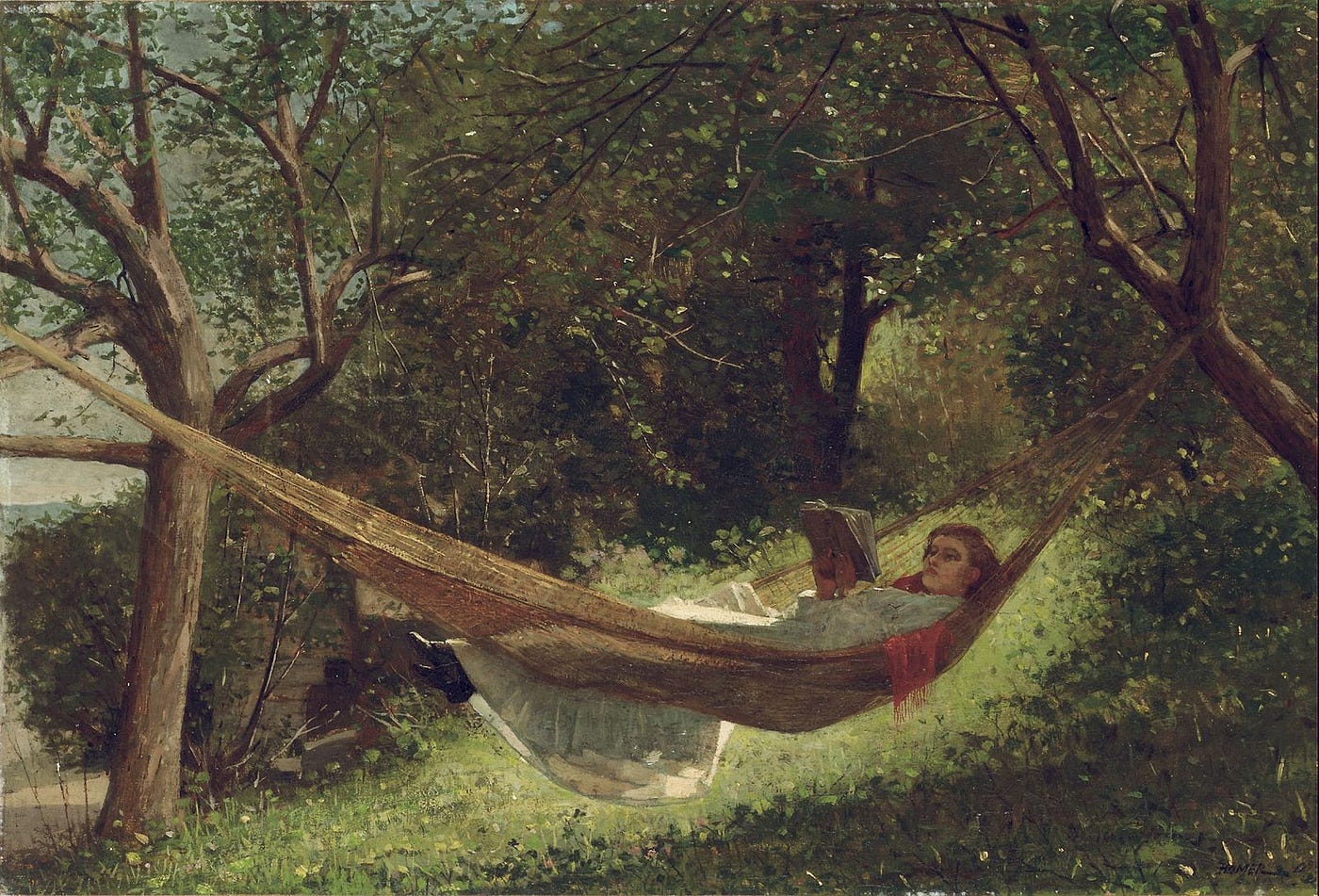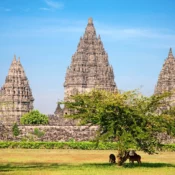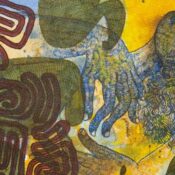
Untranslatable word: That feeling of living vicariously through fictional lovers
Why does love in poetry always taste better than our real-life romantic adventures? A poet writing in Sanskrit would maintain that it’s because what we savour in a literary text does not correspond with the mundane affections of the mind or senses. What the compound word shringararasa captures is the sap – the quintessence, the complex flavour, or rasa – of love in its spiritual as well as its ardently sensual forms, namely shringara.
Shringararasa is therefore the pure, detached, depersonalised enjoyment of love as an absorbing intellectual journey – but one that leaves us unscathed. By its very definition, shringara cannot produce emotional wounds, nor limit our freedom, as romantic relationships invariably do. Savouring this rasa results in a suspension of the fetters of time and space – you experience a temporary nirvana that lasts only as long as the poem does.
For centuries, Indian poets have mastered and refined the art of distilling this love-elixir, and composed painstakingly precise recipes for future poets and literati to recreate and enjoy the same flavour. The essential ingredients of shringararasa are simple: two young lovers. This may sound odd, because in real life love is not a prerogative of the young. But this choice of the perfect pair of lovers, however artificial, hints at a more profound truth: in literature – and in art in general – love is forever young, since its pristine freshness can never fade. Meanwhile, our worldly experiences of love are inevitably transitory and vain.
Shringararasa is the most potent antidote that artists could create to turn the otherwise uncontrollable Manmatha, the agitator (as the Hindu god of love is also known) into an aesthetically-controlled drug. In contrast with the chaos and caducity of non-literary love, every element of Sanskrit erotic poetry is kept under strict control. The poet – the master alchemist – is in charge of creating a rarefied universe where garlands, ointments, splendid palaces and pleasure groves are as essential to the “production” of the erotic rasa, as the ladies-in-love’s coquettish glances, sweet words and gestures. Acute suffering and death are an integral part of this poetic landscape, because not even in poetry can lovers always achieve union: pleasure is often born of suffering.
The idiosyncrasy of these poetic conventions may seem alien to us but what is not alien is the concept of shringararasa. Ultimately, what the word captures is the difference between a sad love poem – which may make us cry, but which we still wish to read and savour again and again – and the real sadness that accompanies the loss of a love. It’s a difference that is as universally understood and felt as love itself.
Maddalena Italia is a Sanskrit scholar and author of The Erotic Untranslatable: The Modern Reception of Sanskrit Love Poetry in The West and in India
This article first appeared in Clove 01: our inaugural print edition, which you can buy here





